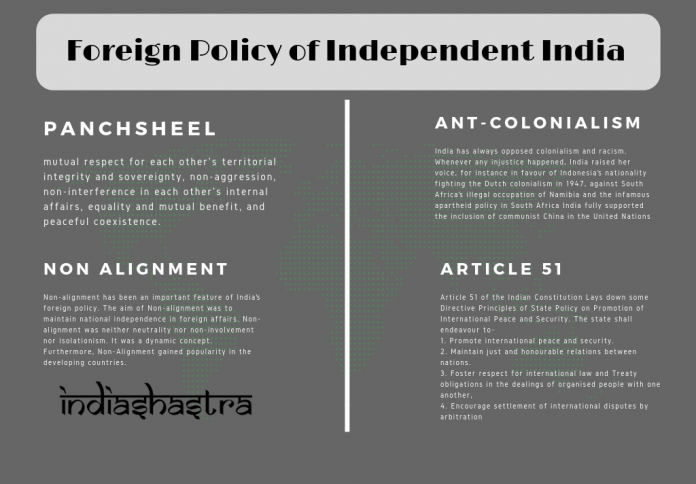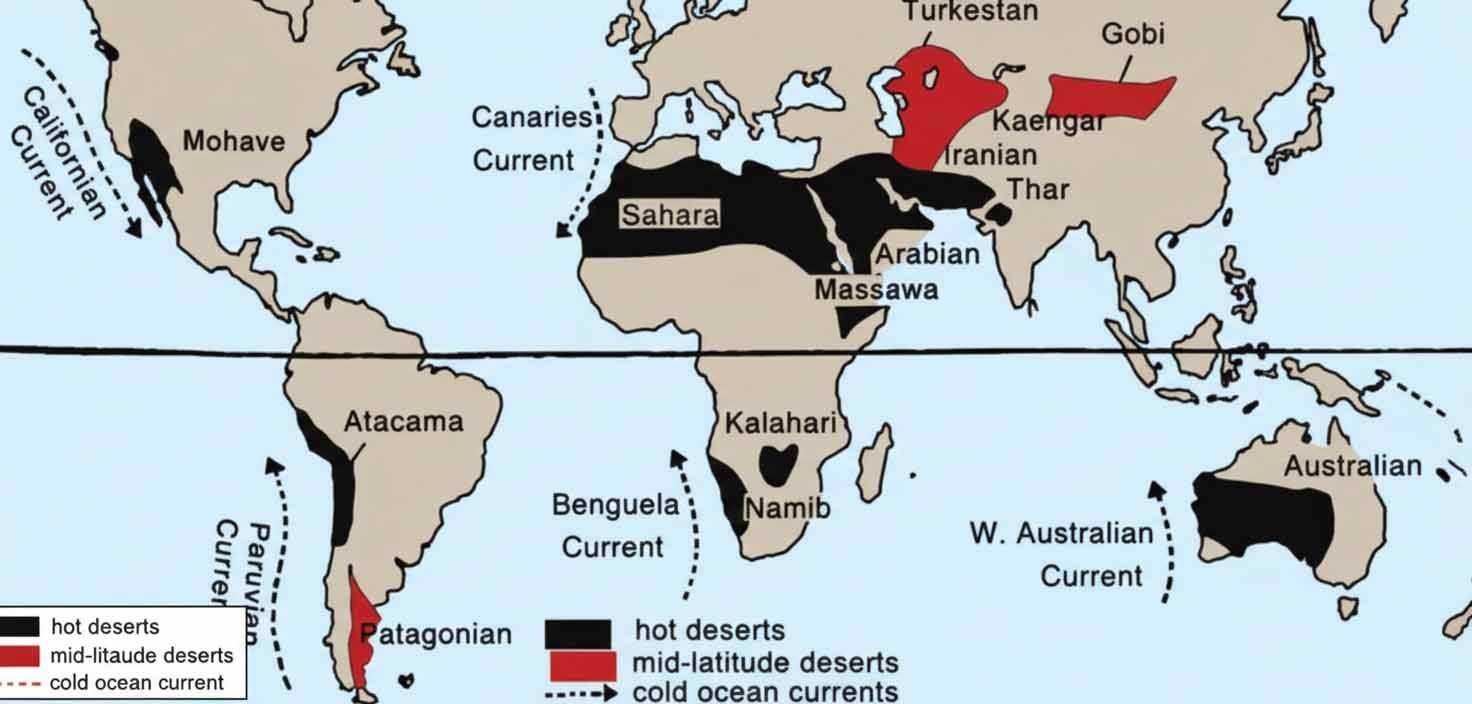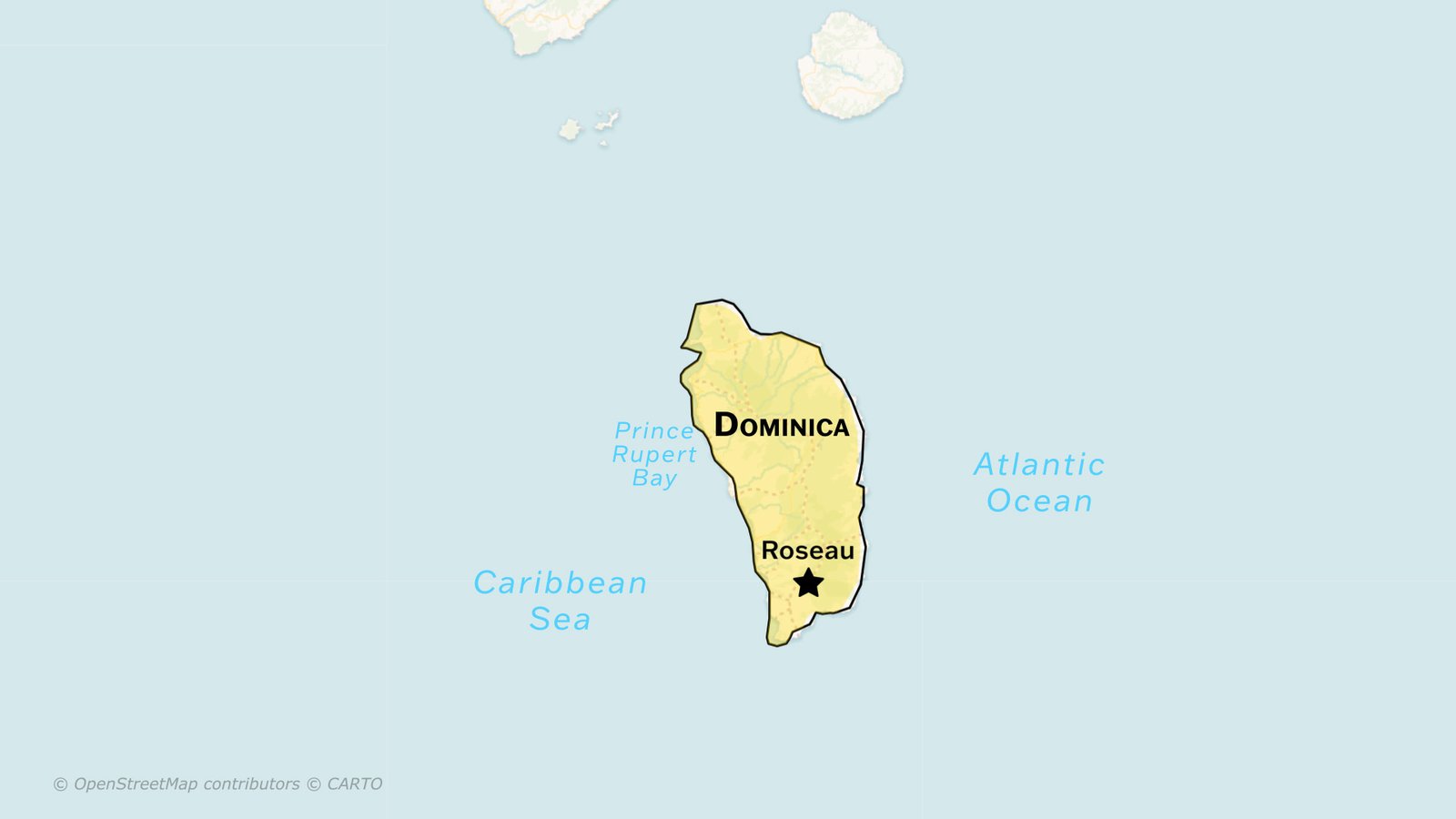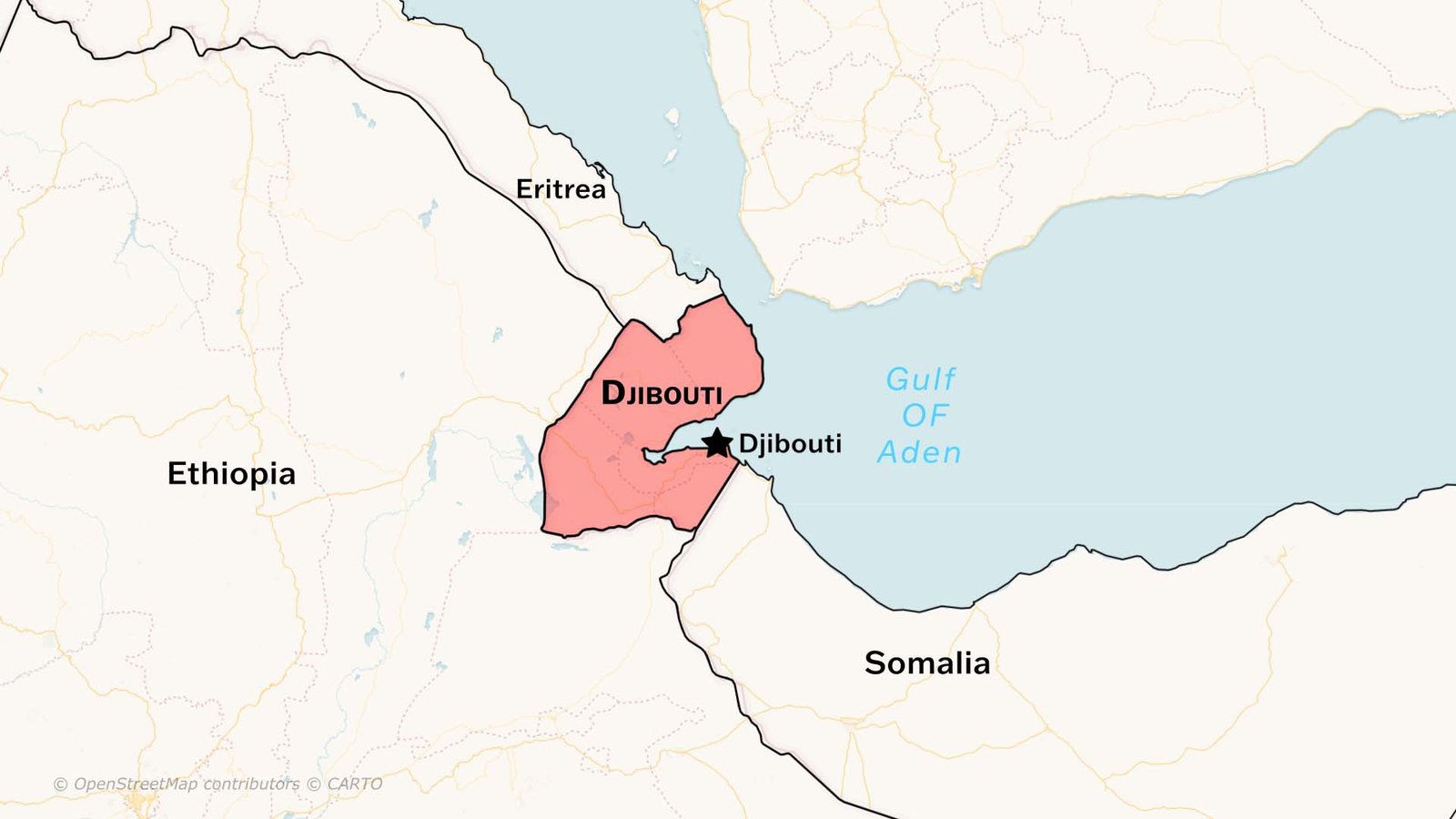But What is Foreign Policy?
Even though there are certain basic features of a foreign policy, it is not a fixed concept. It is dynamic. Furthermore, the dimensions of foreign policy keep on changing according to changing international conditions.
Foreign Policy of India
Talking about India, our first Prime Minister, Jawaharlal Nehru, is the architect of the country’s foreign policy. Since he was not only the Prime Minister but also foreign minister for over 17 years which were the formative years of independent India.
In the table given below, I have enumerated certain objectives and principles of Indian foreign policy.
|
Objectives of IFP
|
Principles of IFP
|
|
|
The primary purpose of any countries foreign policy is to promote its national interest- to ensure its security, safeguard its sovereignty, contribute to its growth and prosperity and generally enhance its stature, influence and role in the comity of nations. A country’s foreign policy should also be able to serve the broader purpose of promoting peace disarmament and development and of establishing a stable, fair and equitable global order- Muchkund Dubey
The Constitutional Principle
-
Promote international peace and security.
-
Maintain just and honourable relations between nations.
-
Foster respect for international law and Treaty obligations in the dealings of organised people with one another,
-
Encourage the settlement of international disputes by arbitration
Panchsheel
-
Respect each other’s territorial integrity and sovereignty,
-
Mutual non-aggression,
-
Mutual non-interference,
-
Equality and mutual benefit, and
-
Peaceful co-existence.
Non Alignment
Non-alignment has been an important feature of India’s foreign policy. The aim of Non-alignment was to maintain national independence in foreign affairs.
Non-alignment was neither neutrality nor non-involvement nor isolationism. It was a dynamic concept. Furthermore, Non-Alignment gained popularity in the developing countries.
Consequently, the Non-Aligned Movement (NAM) was created and founded during the collapse of the colonial system and the independence struggles of the peoples of Africa, Asia, Latin America and other regions of the world.
Anti Colonialism
-
in favour of Indonesia’s fight fighting the Dutch colonialism in 1947,
-
against South Africa’s illegal occupation of Namibia
Afro Asian Unity
India established good relations with other newly independent states in Asia and Africa throughout the 1940s and 1950s.
Notably, Nehru was an ardent advocate of Asian Unity. As a result, under his leadership, India convened the Asian relations conference in March 1947.
As stated earlier, India also made honest efforts for the early realisation of the freedom of Indonesia from the Dutch colonial rule. Also, India convened an international conference in 1949 to support the freedom struggle of Indonesia.
Furthermore, the Asian conference held in the Indonesian city of Bandung in 1955, commonly known as the Bandung conference, marked India’s engagement with the newly independent Asian and African Nations. Later, the Bandung conference led to the establishment of the NAM.
Anti Racism
India firmly believes in the equality of all human beings. Her policy is aimed at opposition to all forms of racial discrimination.
India firmly opposed the infamous apartheid policy in South Africa. Not only did India cut off diplomatic relations with South Africa in 1949, but it also used her influence in the application of comprehensive sanctions (later) against the white minority racist Regime of South Africa.
Foreign Economic Aid
After independence, India understood well the importance of economic development. Also, it knew the limitations of herself. India was lacking funds, technical know-how and machinery.
By adopting the NAM policy, India killed two birds with one stone. Amazingly, India took the best of both worlds. Moreover, India approached the USSR and USA for help, and it went well for India. The USSR helped India with technology. Also, the USA came up with grains in 1965 to address amines.
So these were some of the basic principles of Indian foreign policy. If you have any doubts, ask me in the comment section below or DM on Instagram.







